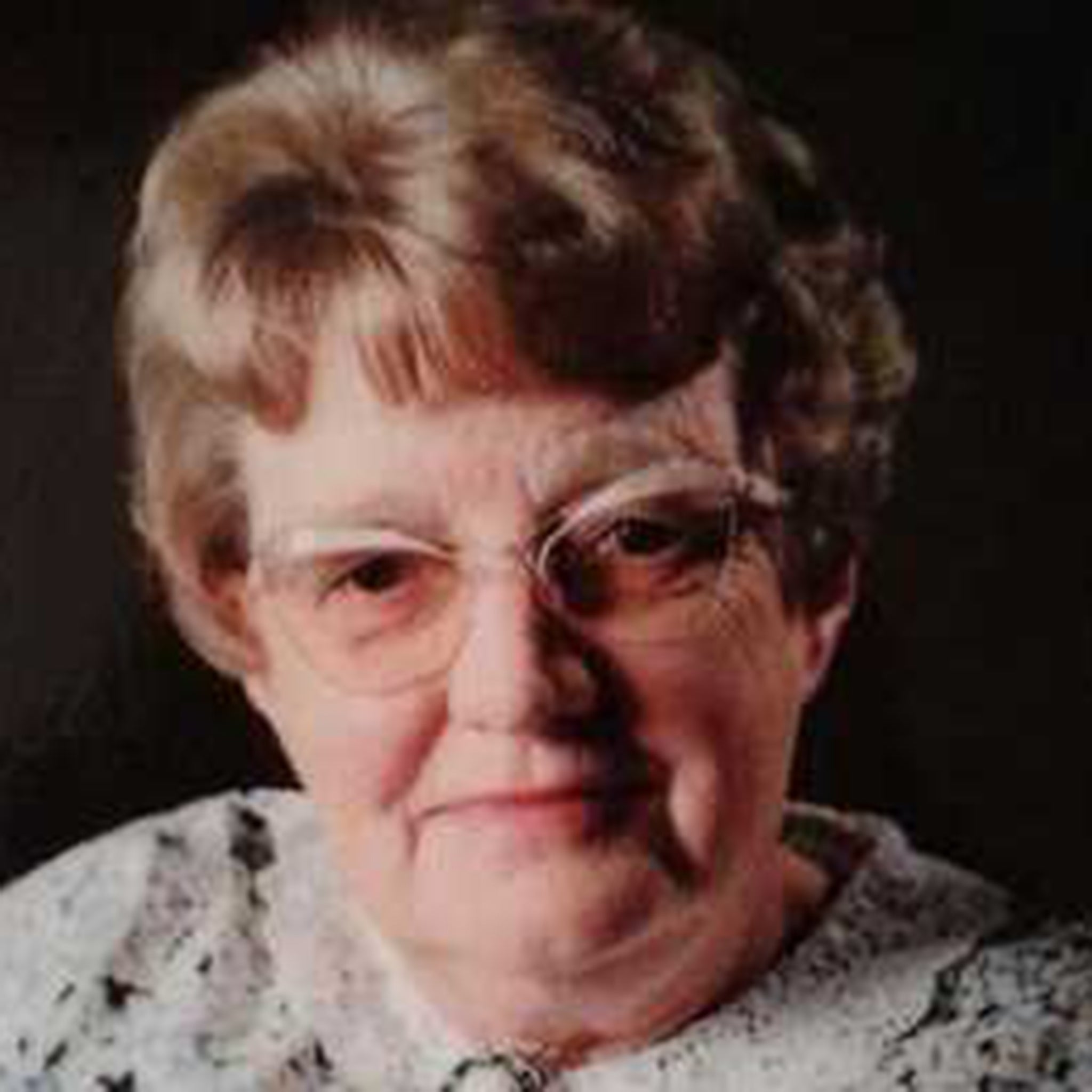Rhiannon Davies Jones: Welsh-language author whose impassioned historical novels carried a nationalist message
Her use of historical fact to convey a clear nationalist point of view has commended her to a new generation

Your support helps us to tell the story
From reproductive rights to climate change to Big Tech, The Independent is on the ground when the story is developing. Whether it's investigating the financials of Elon Musk's pro-Trump PAC or producing our latest documentary, 'The A Word', which shines a light on the American women fighting for reproductive rights, we know how important it is to parse out the facts from the messaging.
At such a critical moment in US history, we need reporters on the ground. Your donation allows us to keep sending journalists to speak to both sides of the story.
The Independent is trusted by Americans across the entire political spectrum. And unlike many other quality news outlets, we choose not to lock Americans out of our reporting and analysis with paywalls. We believe quality journalism should be available to everyone, paid for by those who can afford it.
Your support makes all the difference.Rhiannon Davies Jones was a novelist’s novelist whose graceful prose style was described by one eminent critic as “fine as gossamer”.
Writing in a rich Welsh, both erudite and colloquial, she was able to convey the essence of character and plot with an ease that was much admired by other writers.
There had been historical novels in the language before she began writing in the 1950s, but with the appearance of her short novel, Fy Hen Lyfr Cownt (My Old Accounts Book, 1961), the genre gathered a momentum that it has maintained to the present day.
This was a fictional diary of the late-18th/early-19th century hymn-writer and mystic Ann Griffiths (née Thomas), whose words were later set to the famous hymn-tune Cwm Rhondda. It won the Prose Medal at the National Eisteddfod and has been held in high esteem ever since. The book succeeds remarkably well in expressing the everyday concerns of a simple countrywoman and her intense spiritual life at a time of religious fervour in Wales.
She used the diary form again in the novel Lleian Llan Llŷr (The Nun of Llan Llŷr, 1965), an exploration of the joys and anguish of the cloistered religious life for which she was awarded the Prose Medal for a second time. She then found her stride with Llys Aberffraw (The Court of Aberffraw, 1977), which is related by Angharad, the illegitimate daughter of one of Prince Owain Gwynedd’s daughters.
It was prompted by the unhappy events of summer 1969, especially the investiture of the Queen’s eldest son as Prince of Wales and the deaths of two young activists at Abergele, killed by their own explosives before the ceremony.
Her next novel, Eryr Pengwern (The Eagle of Pengwern, 1981), is set in 7th-century Powys at a site traditionally located near Shrewsbury, and is based on the Heledd Saga, one of the greatest expressions of grief and longing in the Welsh language. It was written during the campaign for a Welsh-language television channel.
She returned to the journal form in Dyddiadur Mari Gwyn (Mari Gwyn’s Diary, 1985) which deals with the Catholic recusant Robert Gwyn, the most prolific Welsh writer of the Elizabethan age, who is chiefly remembered as the putative author of a book partly printed in a cave on the Little Orme, near Llandudno.
There followed a trilogy of even more ambitious novels: Cribau Eryri (The Ridges of Snowdonia, 1987), Barrug y Bore (Morning Frost, 1989) and Adar Drycin (Storm Birds, 1993). All three are set in the Age of the Princes – Llywelyn the Great, his son Dafydd and Llywelyn the Last, who was killed by Anglo-Norman forces at Cilmeri, near Builth, in 1282. Her description of medieval battle is vivid, but it is the effect of violence on ordinary lives that is most important for her.
Her last book was Cydio mewn Cwilsyn (Taking up a Quill, 2002), the fictitious diary of the daughter of Edmwnd Prys, archdeacon of Merioneth and Renaissance scholar. She also published nursery rhymes for children and short stories.
The authenticity of her novels has won for Rhiannon Davies Jones an assured place among Welsh novelists and her impassioned use of historical fact to convey a clear nationalist point of view has commended her to a new generation.
The daughter of a minister, she was born at Llanbedr in the old county of Merioneth, brought up in Llanfair near Harlech and educated at the grammar school in Ruthin and the University College of North Wales, Bangor. After teaching Welsh, she was appointed to a lectureship at the College of Education in Caerleon, and later became a senior lecturer at the Normal College, Bangor.
Rhiannon Davies Jones, novelist: born Llanbedr, Merioneth 3 November 1921; died Holyhead, Ynys Mon 22 October 2014.
Join our commenting forum
Join thought-provoking conversations, follow other Independent readers and see their replies
Comments